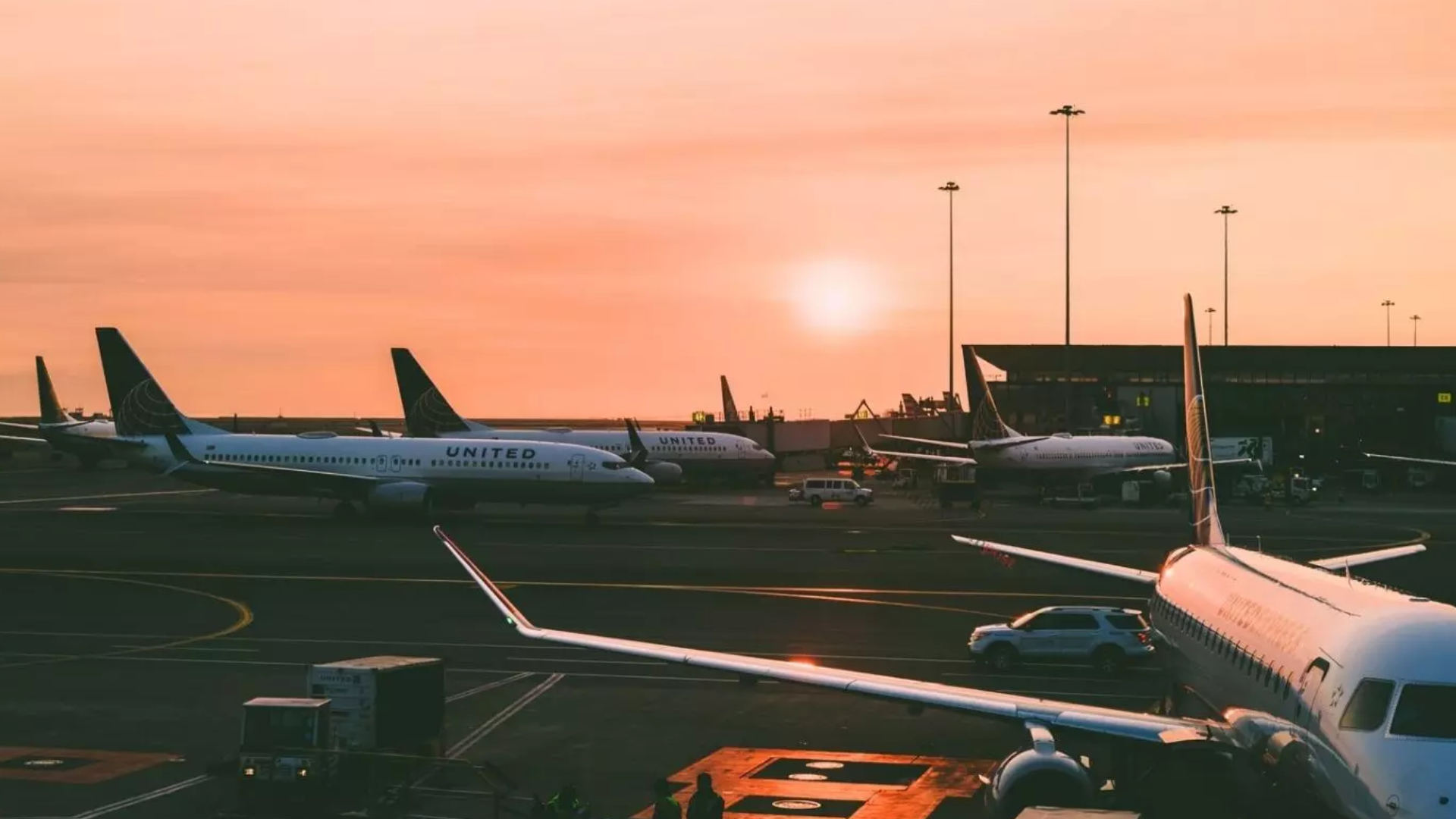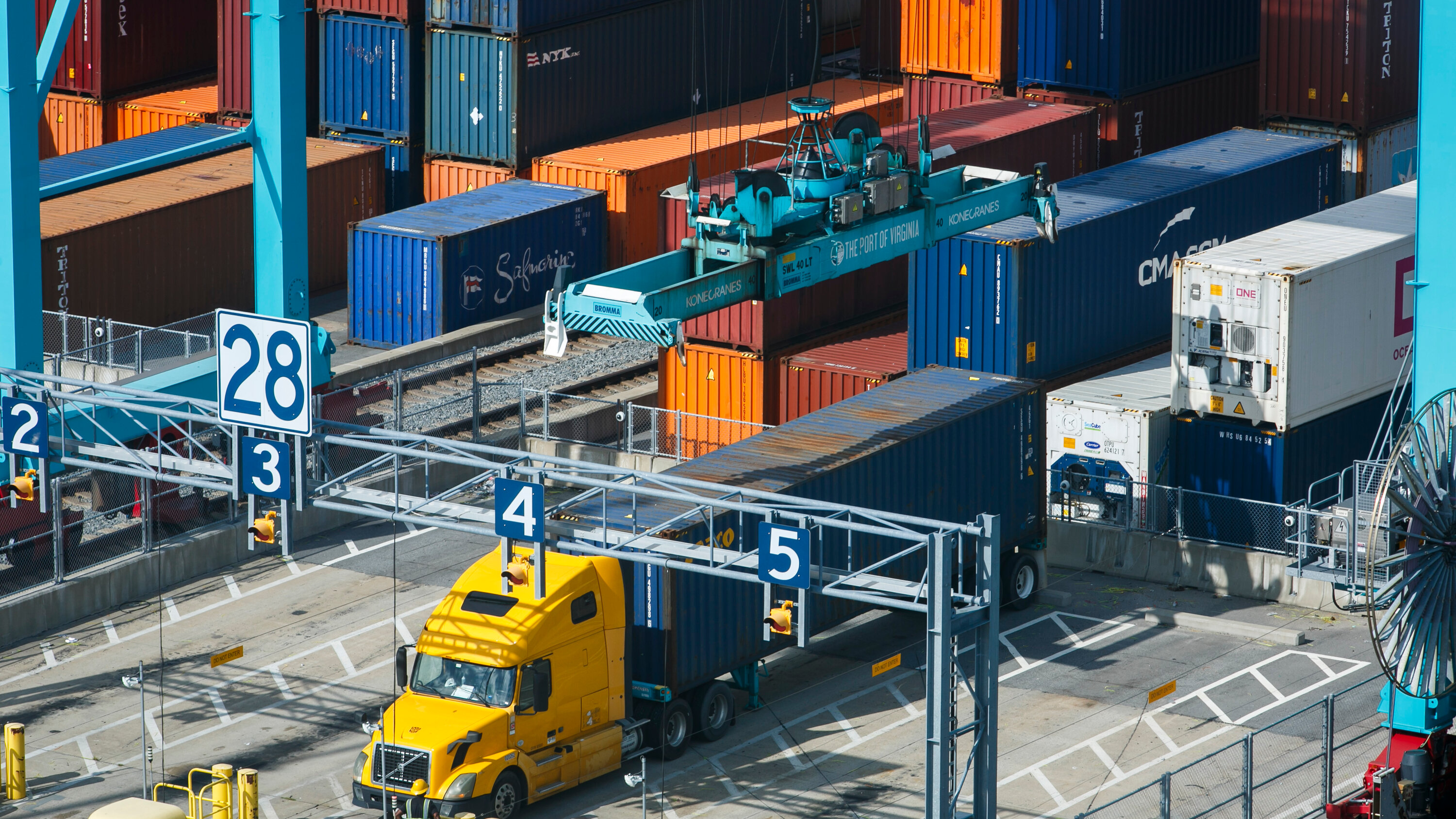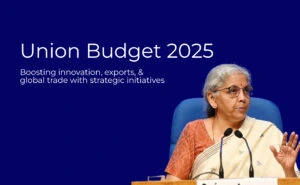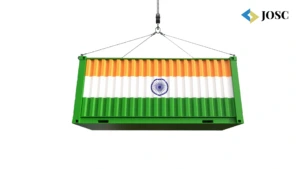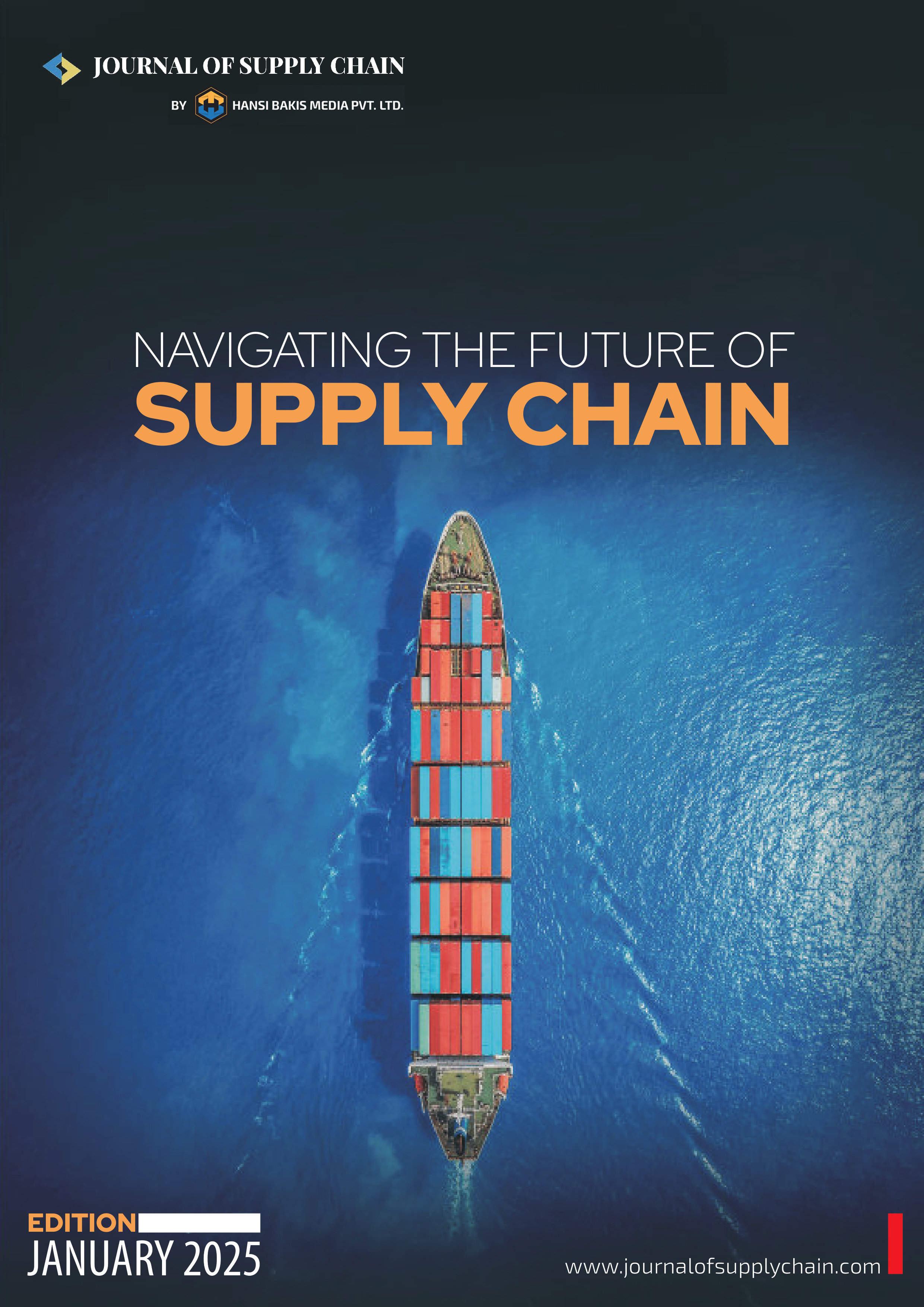Indian aviation industry continues to face Supply-chain, engine failure issues: Reportt
The Indian aviation industry is currently grappling with major challenges stemming from persistent supply chain disruptions and engine reliability issues. These problems have led to a significant number of aircraft being grounded, affecting operational capacity and financial stability across the sector. A key contributor is the ongoing issue with Pratt & Whitney (P&W) engines, particularly the Geared Turbofan (GTF) models used in Airbus A320neo aircraft. A defect in the powder metal used in manufacturing certain engine parts has necessitated accelerated inspections and repairs. Over 70 IndiGo aircraft have been grounded due to P&W engine issues, with more than 30 specifically affected by the powder metal defect. Go Airlines (India) Ltd. has also grounded half of its fleet due to faulty P&W engines, leading to stalled operations. These engine issues are exacerbated by broader supply chain constraints affecting the availability of spare parts and maintenance resources. As of June 30, 2024, approximately 134 aircraft across Indian airlines were grounded—representing about 15–17% of the total fleet. This has increased operating expenses, including higher lease rentals for replacement aircraft and rising maintenance costs due to the use of older, less fuel-efficient models. Financially, the sector is under severe strain. Credit rating agency ICRA estimates that the Indian aviation industry will report a net loss of ₹20–30 billion in FY2025 and FY2026, up from around ₹10 billion in FY2024. These losses are driven by high fixed costs, ongoing supply chain challenges, and engine failures that reduce capacity and increase operating costs.
